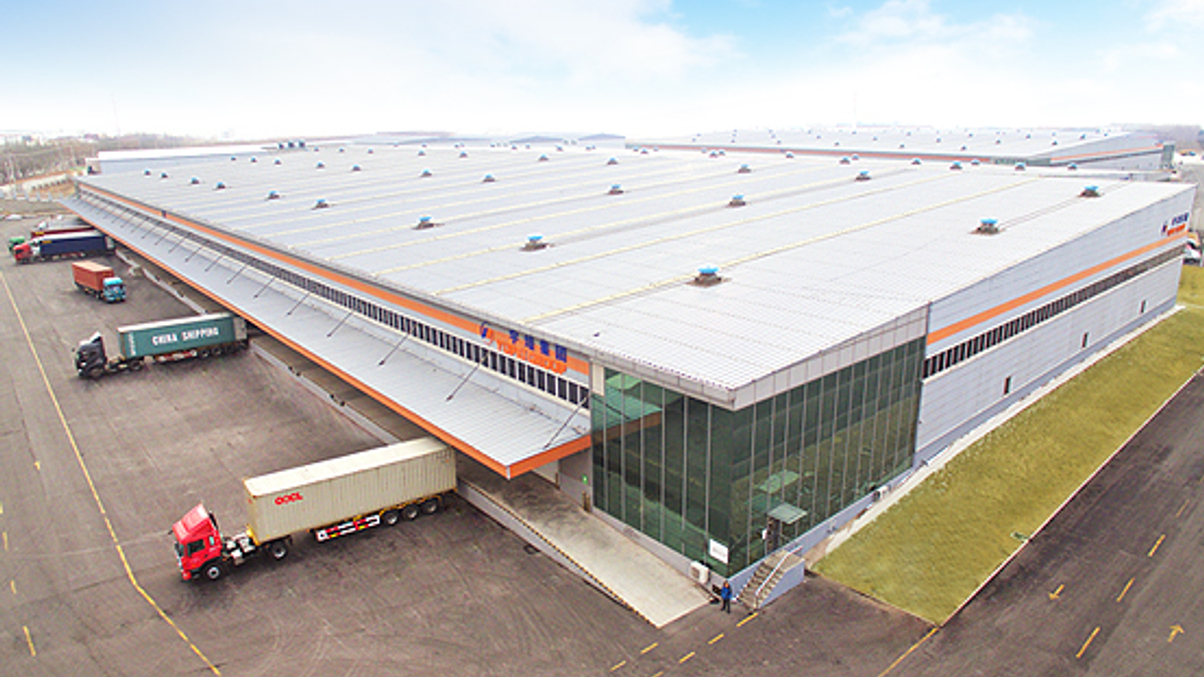NZ Super bullish on Asian logistics
The New Zealand sovereign fund says it is prioritising the sector as it examines opportunities across the region’s property markets.

The New Zealand Superannuation Fund (NZ Super), a sovereign wealth fund (SWF) with NZ$60 billion ($40.5 billion) in assets under management (AUM), is eying property deals in a number of Asian markets, a spokesman for the fund told AsianInvestor.
Sign in to read on!
Registered users get 2 free articles in 30 days.
Subscribers have full unlimited access to AsianInvestor
Not signed up? New users get 2 free articles per month, plus a 7-day unlimited free trial.
¬ Haymarket Media Limited. All rights reserved.


